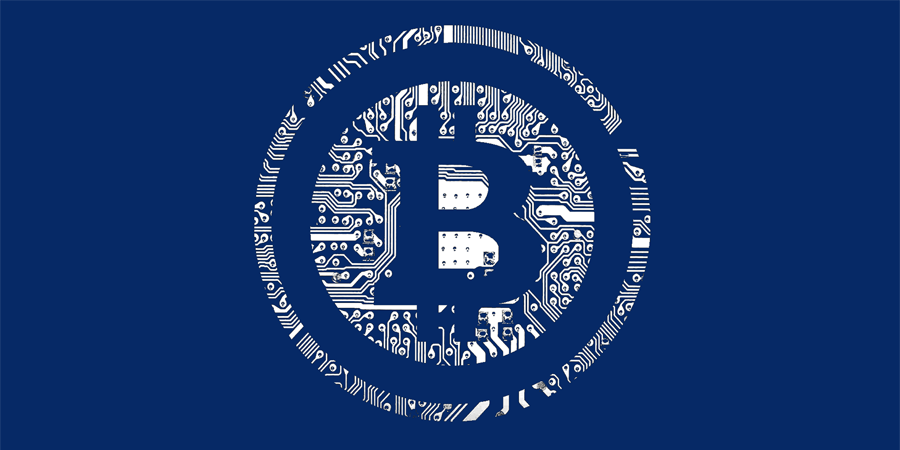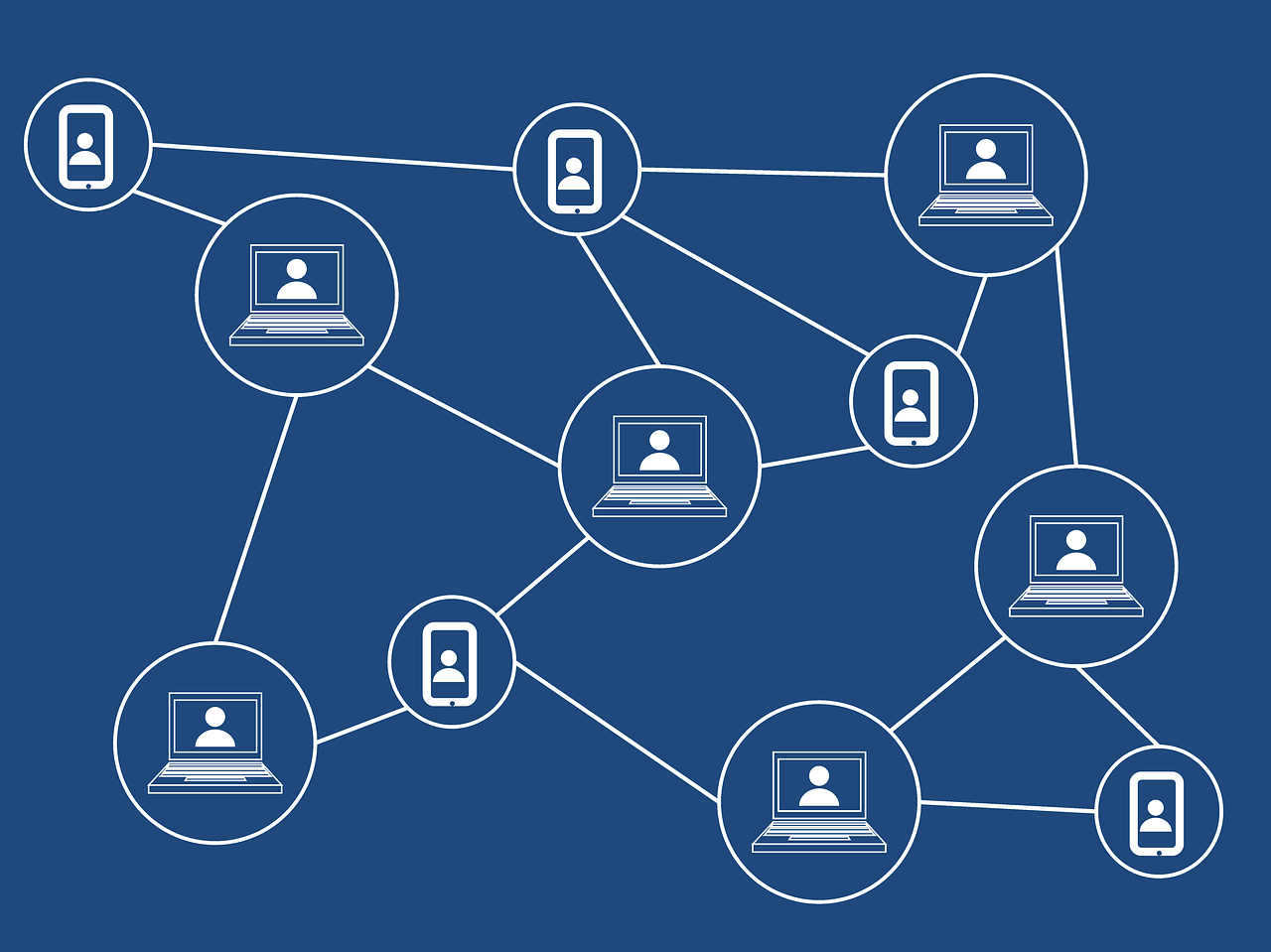Cryptocurrencies are slated to be a big deal in the future of how America runs its day to day transactions. This may, of course, prove elusive. However, Bank of America Chief Technology Officer Cathy Bessant finds it a bit difficult to believe that cryptocurrencies may enter the mainstream without too much trouble.
What bothers Bessant?
Bessant estimates that the lack of ‘transparency’ is the main issue with investing too readily into cryptocurrencies. The lack of a regulatory network is certainly disconcerting for a number of reasons. Let us start simple. The inability to trace digital assets is the first and most important red flag that industry players are truly scared of.
If things go badly, the inability to trace those payments would definitely throw a spanner in the works of any organisation that wants to stand tall as a credible body that upholds the value of transparent banking. Alas, such claims are difficult to make when money gets lost and hackers have access, disappearing back away in the nether of the Internet unpunished.
When nobody really knows where the money is coming from, it is rather difficult to consider any real actions with regards to the crypto trade.
Legislators Beyond America React
Of course, Bessant is truly right. She has a point of saying that without transparency, the industry is quite unsupportable. Sooner or later something ‘bad’ is bound to happen, depriving customers of money.
And while banks have very good reason not to recuperate ‘missing money’ that has been lost, say, because someone had leaked their data or just lost their credit card and failed to report it on time, there is absolutely no way of reporting the theft of Bitcoin, because users refuse to share their identities.
Bank of America Steps Up the Heat
Bank of America has been stepping its efforts in clamping down on users who dabble in cryptocurrencies. The bank has been quite on point with regulations and it has demanded from users to be smart about it.
In other words, BoE is expecting everyone who is trying to get involved in the sector to double check with it. Not only that, but in the United States, it would be far better to register yourself a bank account and then link it to your bitcoin wallet in the sense that banks can check up on you.
While legislation is still very much a contentious point for everyone involved in this trade, it is still worth making sure that you pay your due.
How to Avoid a Tax Bomb?
The best way to deal with pending taxation is of course by addressing it on the spot. In layman’s terms, you will need to earmark the tax money and be prepared to pay the amount at the time of earning the Bitcoin, leaving yourself free of any fluctuations in the legal framework.
However, the main problem with this way is that you will still be losing money. As the price changes all the time, you will need to move your investment quickly through regular exchanges and swap them for FIAT currency. This is of course not a viable option, especially when you are trying to build your crypto portfolio.
With this in mind, you will need to perhaps file a form to the Internal Revenue Service (IRS) and ask them for advice.
The lack of regulation can actually be played to your significant advantage by allowing yourself to be exposed to government supevision. This way, whatever you do, you may never be in the wrong as you will be acting on government advice.
Meanwhile in America
Meanwhile, the debate over the legality of cryptocurrencies will continue to rage at full bore. Nobody can say what the outcome will be. Mainstream investors and now banks are opposed.
At the same time, established and respected instituions such as Bloomberg are quite prepared to endorse it or at least monitor the rise to salience of cryptocurrencies and this is all quite emboldening.
For what it is worth, investors are cautious, but also excited about cryptocurrencies. Putting the crack on them may not be the most efficient solution however.
Banks may consider a temporary ban in order to sort out a way of regulating them more efficiently. This will only come as a result of a conscious effort, though.



Comments (No)